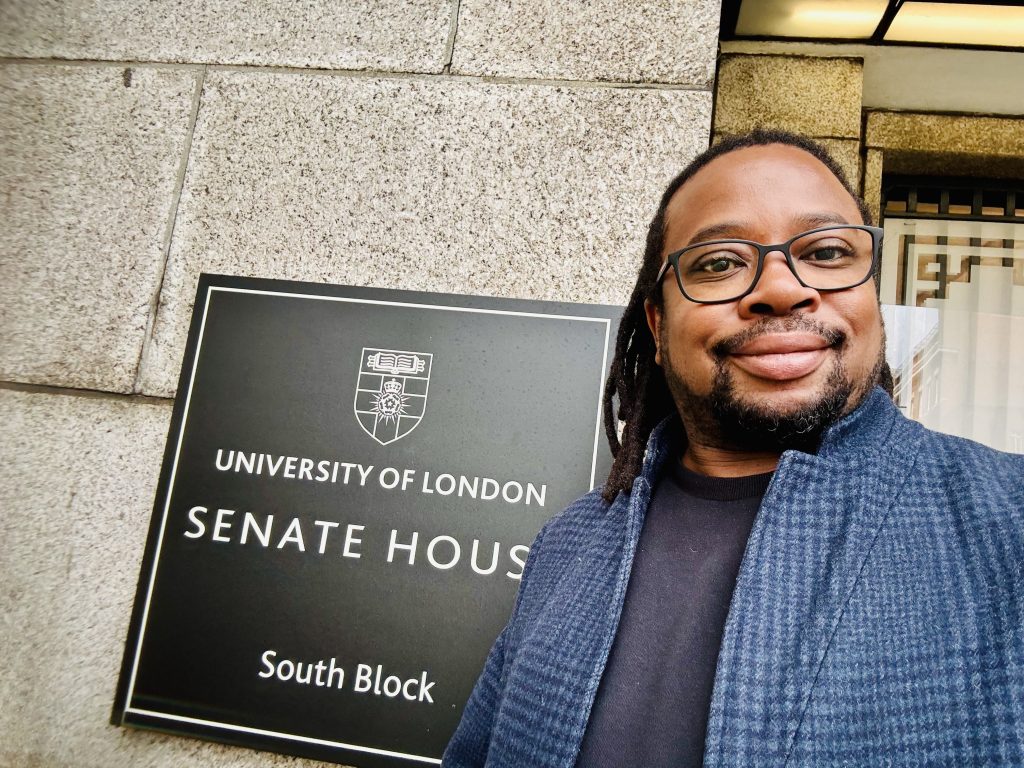
For decades, “universal human rights” have been hailed as the moral foundation of global governance. The Universal Declaration of Human Rights (UDHR), born from World War II, promised a world where human dignity would transcend borders.
Lately, however, this idea has been under fire. Critics argue that what we call “universal” is just a Western concept imposed on societies with very different worldviews.
The problem lies in the fact that Western nations led the formation of the UDHR and similar frameworks. While they promote essential values like individual freedom, they often neglect communal rights, vital in many non-Western cultures.
For example, many indigenous groups view land as a communal resource, yet international human rights law prioritises individual property rights, leading to conflicts and the marginalisation of local communities.
What makes this worse is how human rights are applied globally. Powerful nations often get a free pass on violations, while smaller or weaker countries are scrutinised more heavily. This selective enforcement undermines the whole premise of “universal” rights.
So, is this the end of universal human rights? Not quite, but the cracks are showing. More scholars and activists are calling for a reimagined human rights framework that respects cultural differences and doesn’t impose a Western worldview on everyone.
Thus, I’m excited to announce that I’ve begun my doctoral studies, focusing on decolonising the international human rights system. My goal is to contribute to a framework that genuinely reflects the diversity of human experience.
Huge thanks to everyone who has supported me – I couldn’t have gotten this far without you, and I look forward to sharing my journey with you all!